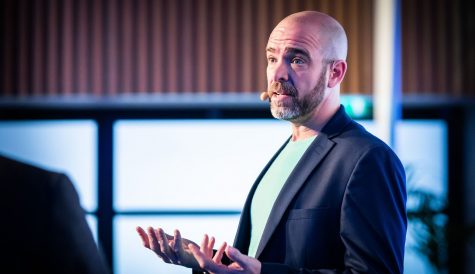
After more than 40 years of operation, DTVE is closing its doors and our website will no longer be updated daily. Thank you for all of your support.
EC sets out stall on digital single market priorities
The European Commission has agreed three broad areas for action to push forward plans for a single digital market across the EU at a meeting yesterday.
The Commissioners have agreed to push for better access to digital goods and services across borders by introducing harmonised consumer and contract rules and with more efficient and affordable parcel delivery, tackling geo-blocking, modernising copyright law and simplifying VAT arrangements.
Second, the EC has agreed to tackle issues related to digital networks, reviewing current telecoms and media rules to encourage investment in infrastructure, work towards a unified European approach to spectrum management and look at how to ow to strengthen trust in online services through more transparency and the swift removal of illegal content. It also called for the swift adoption of new data protection rules.
Third, the Commission agreed to promote a European digital economy by promoting interoperability of technologies, tackling issues related to unlocking the potential of big data, and promoting government e-services.
Vice-President for the Digital Single Market Andrus Ansip said: “Let us do away with all those fences and walls that block us online. People must be able to freely go across borders online just as they do offline. Innovative businesses must be helped to grow across the EU, not remain locked into their home market. This will be an uphill struggle all the way, but we need an ambitious start. Europe should benefit fully from the digital age: better services, more participation and new jobs”.
In a subsequent blog posting, Ansip said: “Included here is the headache of geo-blocking, where we need to stop people being blocked from a website based on their nationality, residence or location. We agreed that the logic of geo-blocking cannot over-ride that of the single market: they cannot co-exist.”
Commissioner for the Digital Economy and Society Günther Oettinger said: “Europe cannot be at the forefront of the digital revolution with a patchwork of 28 different rules for telecommunications services, copyright, IT security and data protection. We need a European market, which allows new business models to flourish, start-ups to grow and the industry to take advantage of the internet of things. And people have to invest too – in their IT-skills, be it in their job or their leisure time.”



